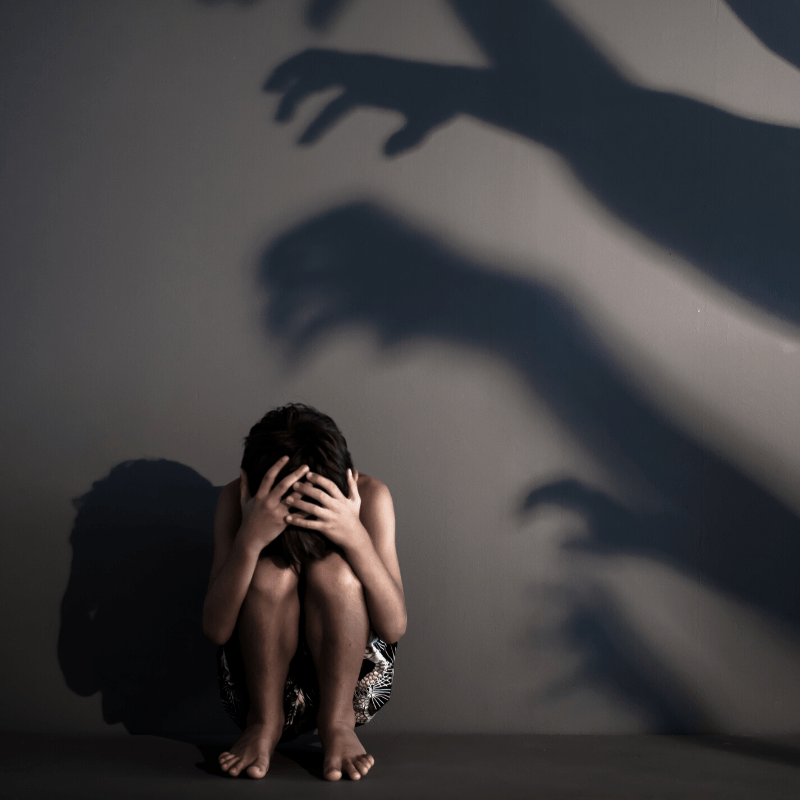
What is PTSD?
Post Traumatic Stress Disorder
When you hear the phrase PTSD what do you think of? Military veterans returning from war? To be truthful, many people do! There are so many other situations that can cause the disorder, though.
The actual definition is “a condition of persistent mental and emotional stress occurring as a result of injury or severe psychological shock, typically involving disturbance of sleep and constant vivid recall of the experience, with dulled responses to others and the outside world.”
The condition can last for months or years, with triggers that can bring back memories of the trauma accompanied by intense emotional and physical reactions. For example, a victim of domestic violence can experience post traumatic stress disorder. Certain triggers such as aggressive tones of voice, slamming of doors or touch can cause a domestic violence victim to immediately have very heightened physical/emotional responses to their triggers. Someone might touch their arm in an innocent way, and they could potentially rip their arm away from the touch and respond with very negative emotions. Slamming of doors or intense pounding on a door can cause a person to immediately remember times that their aggressor was doing the same and they might potentially flee the area of the noise for a safer place. A person experiencing a PTSD trigger reacts to the trigger as if they are in the old moment when the traumatic event was happening. It feels to them as if they are right back in that same moment and they must react to the trigger in the same emotional manner.
For people who have never experienced PTSD, the actions and emotions of the PTSD victim can be very confusing. Encourage your loved one to seek treatment such as EMDR (eye movement desensitization and reprocessing). It is also helpful to know what their triggers are and how they respond to their triggers. This will help you be supportive. Encourage them not to drink alcohol when they are experiencing negative thoughts about the event(s) that caused their PTSD.
Knowledge is power. Treatment is power. You can beat the trauma!

